Course description
Chemical Reaction Engineering is the core subject in chemical engineering education. It provides fundamental knowledge in operation and designing of chemical reactors. The technical knowledge obtained in this course can be applied to most chemical industries. Specifically, this course covers the topics of rate laws and stoichiometry, mass & energy balances, conversion and reactor sizing, isothermal reactor design, multiple reactor sequences, design for multiple reactions, autocatalytic reactions, catalytic and non-catalytic heterogeneous reaction systems. Emphasis is given on algorithm development and problem solving.
Course Pre-Requisites: None
Course Learning Outcomes
- Analyze and interpret kinetic data and expressions.
- Select and size the most appropriate reactor type for a specific task.
- Define the most effective reactor sequence.
- Relate the flow regime with the efficiency of a reactor for multiple reactions.
- Articulate a chemical reaction engineering project in front of an audience.
Course Outline
In this course students will learn about: the different types of chemical reactors; reaction kinetics; stochiometric tables; design of batch reactors, continuously stirrer tanks reactors (CSR) and plug flow reactors (PFR); temperature and pressure effects in reactors; multiple reactors and reactions; heterogeneous reactions; and solid catalysis.
|
|




